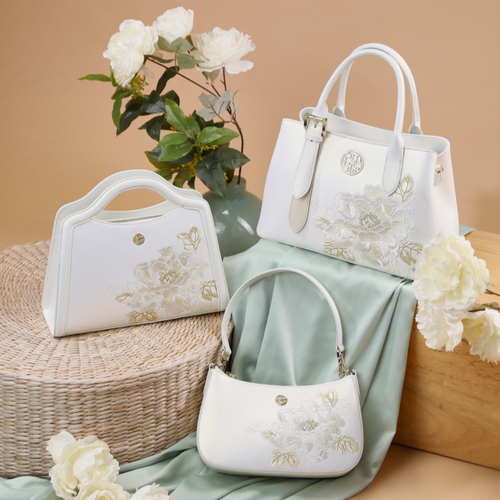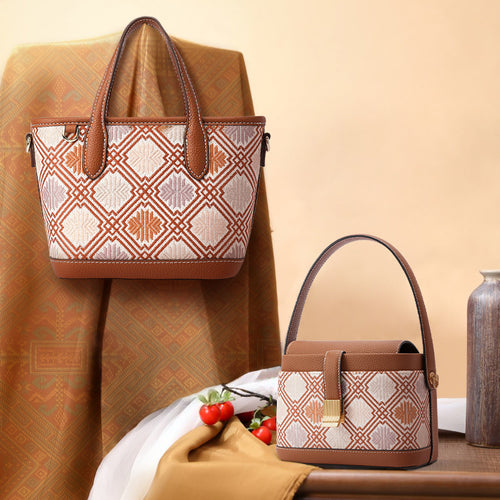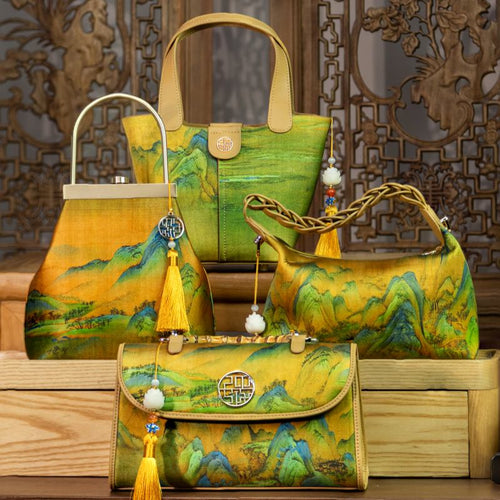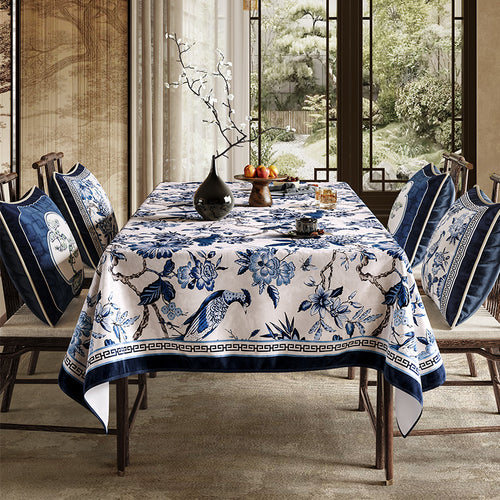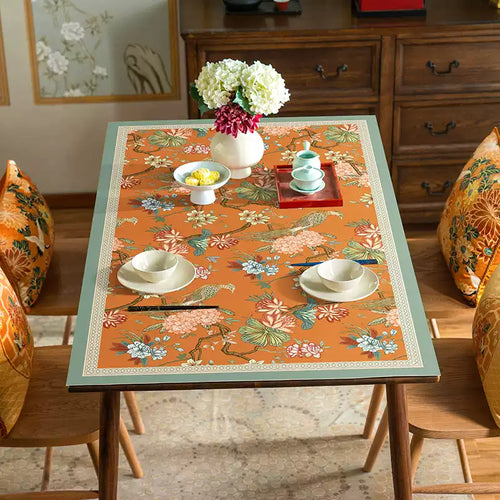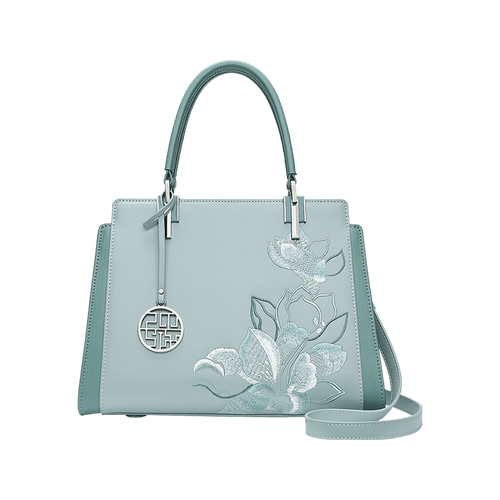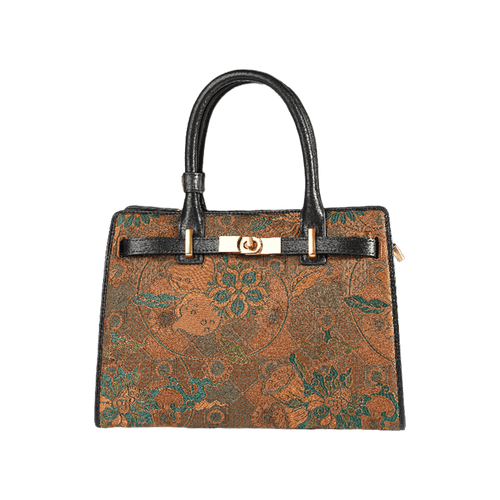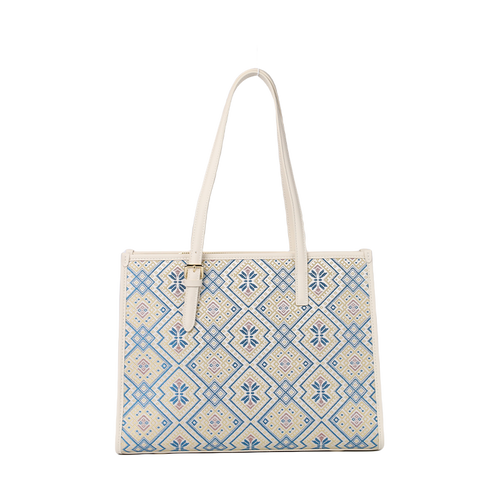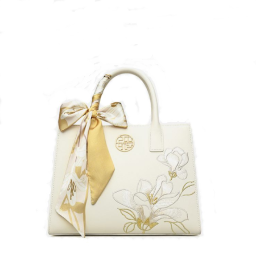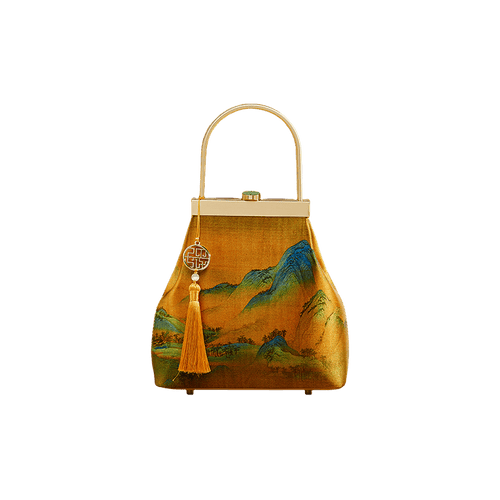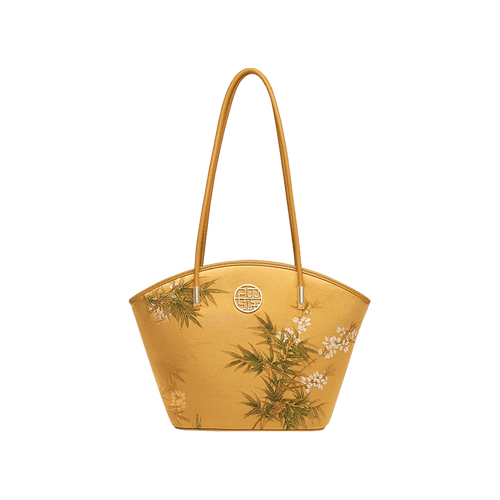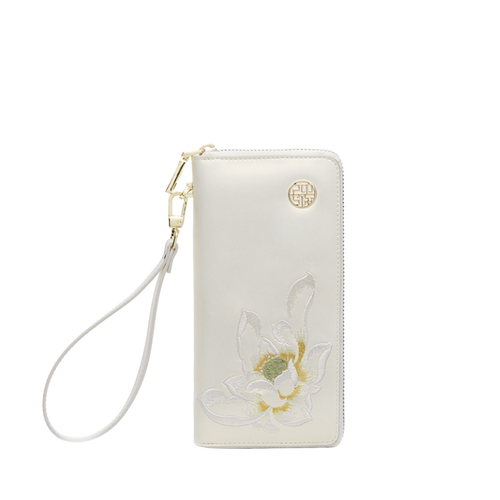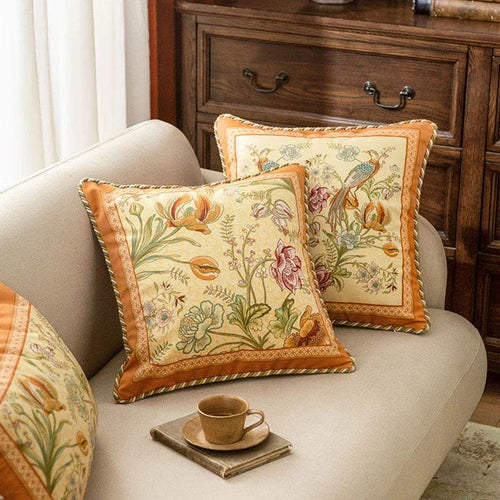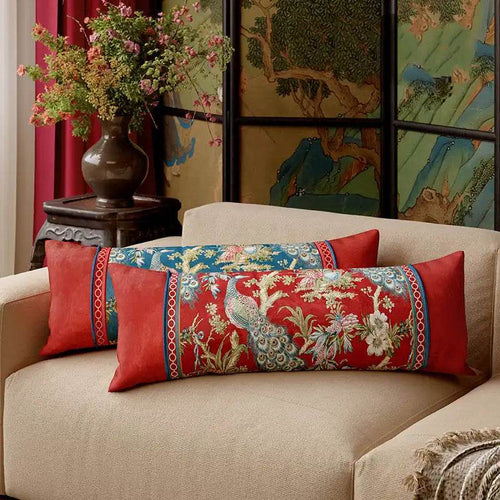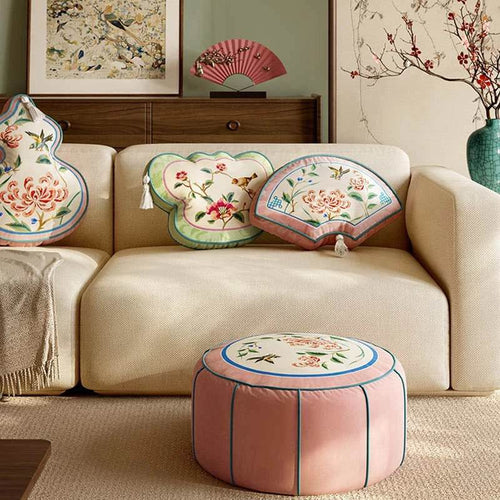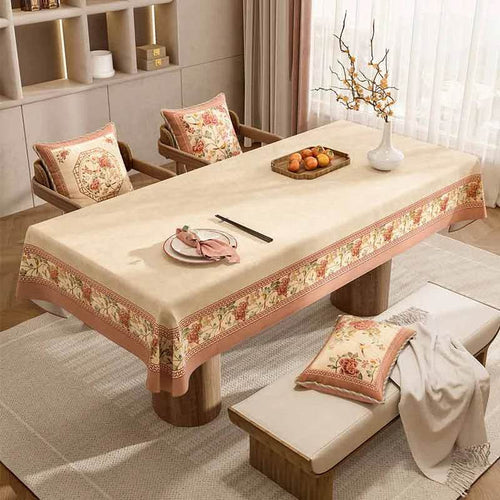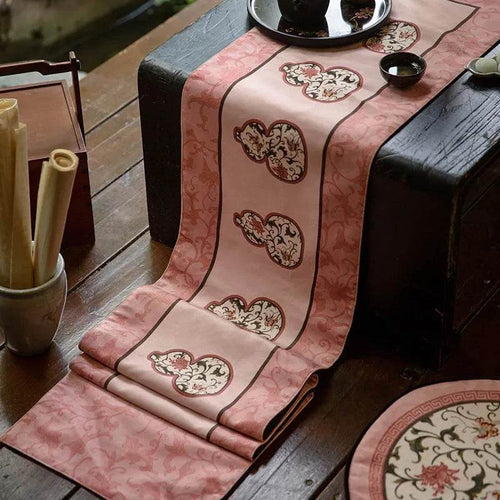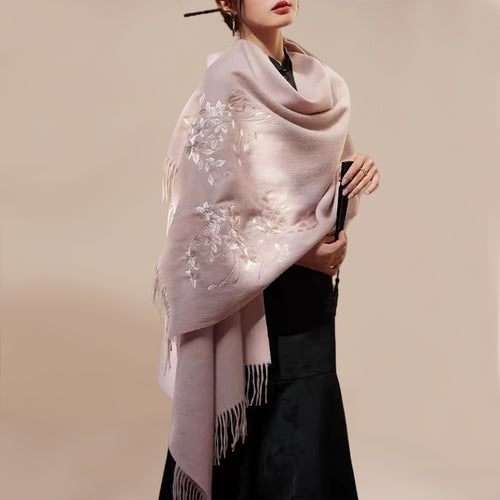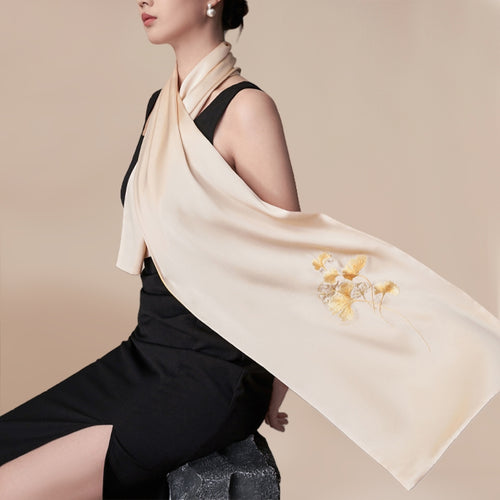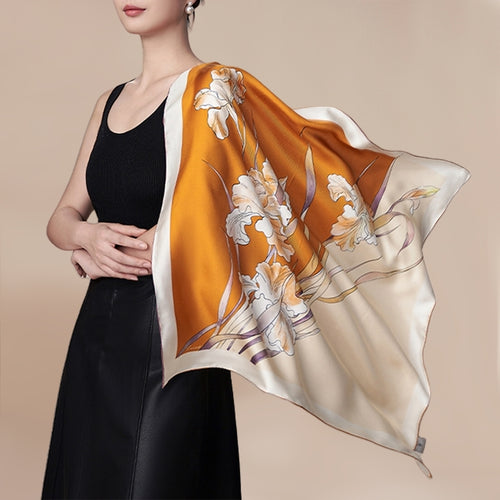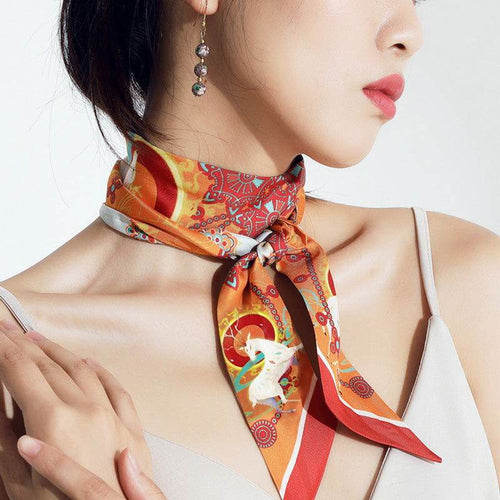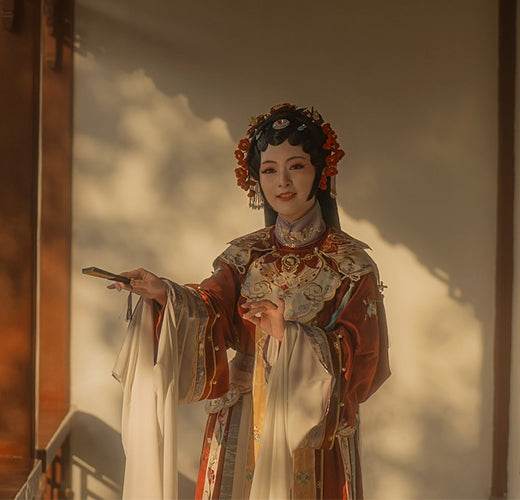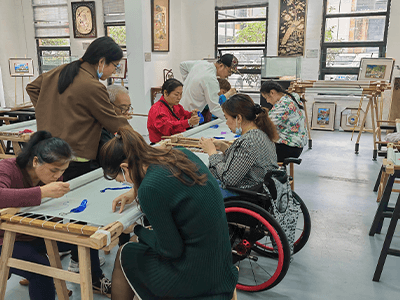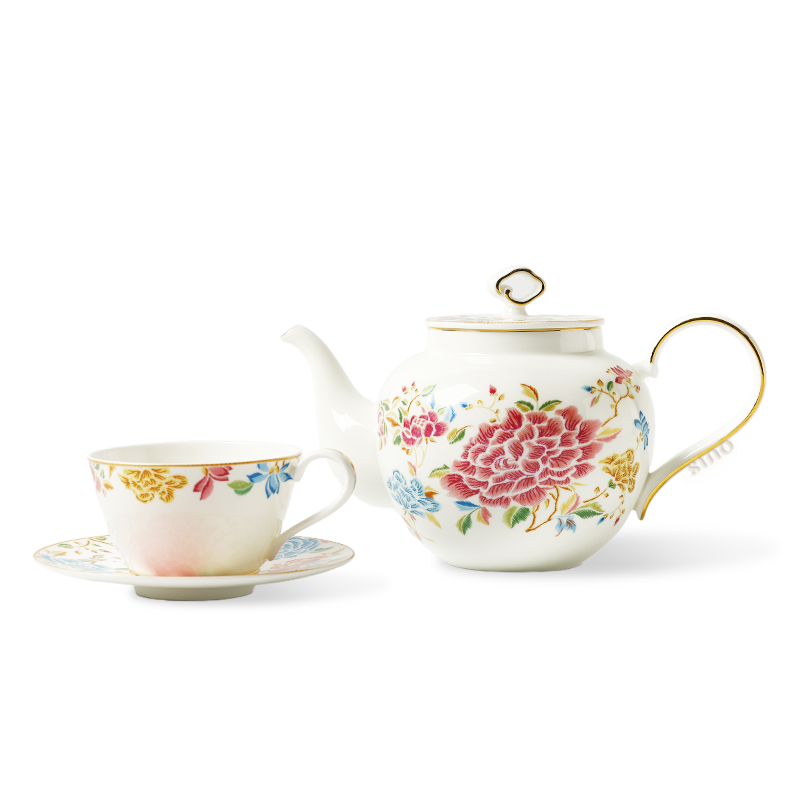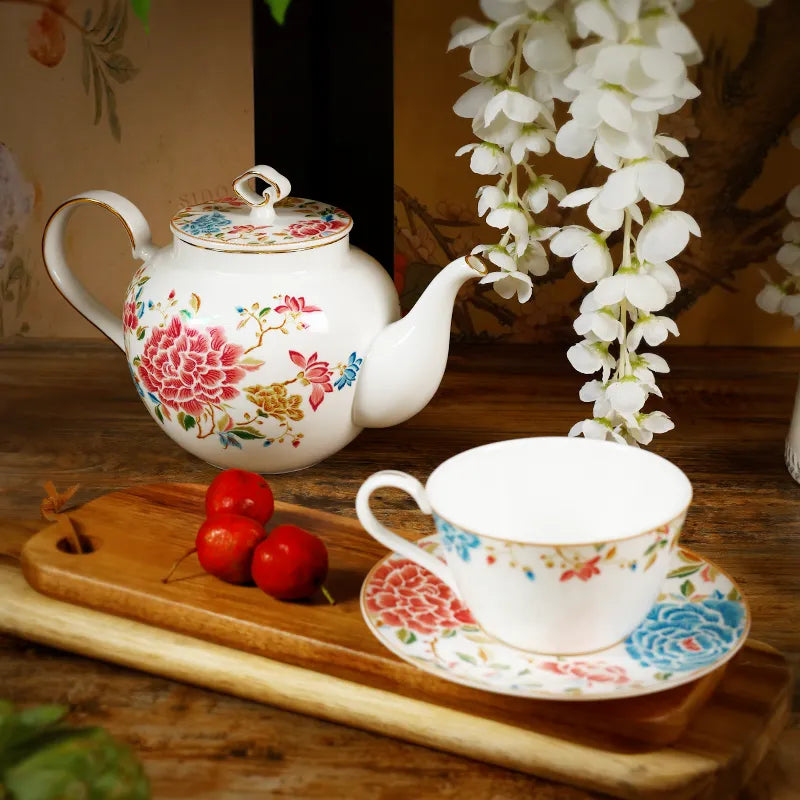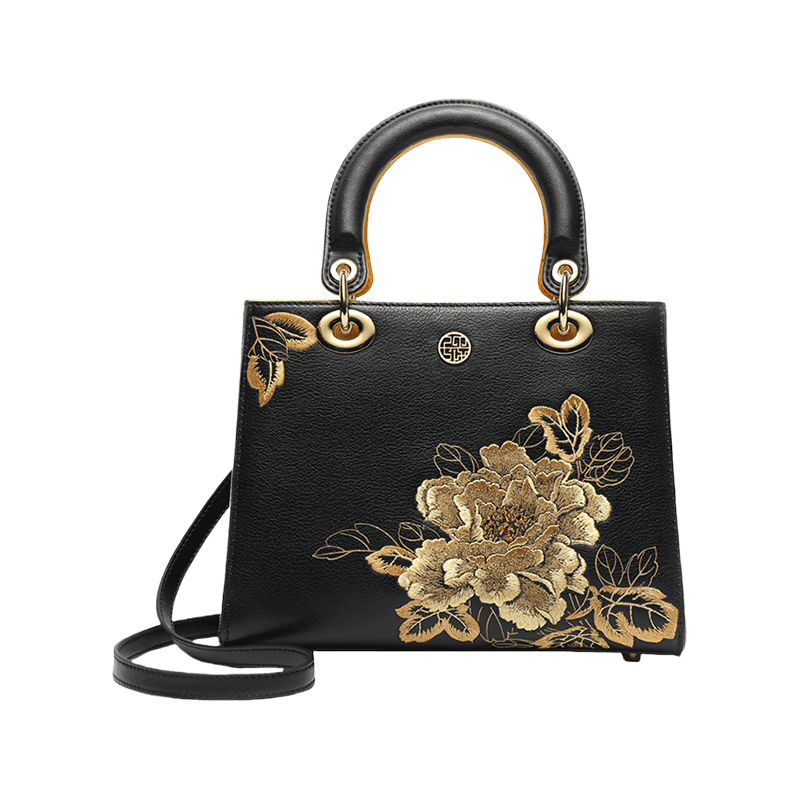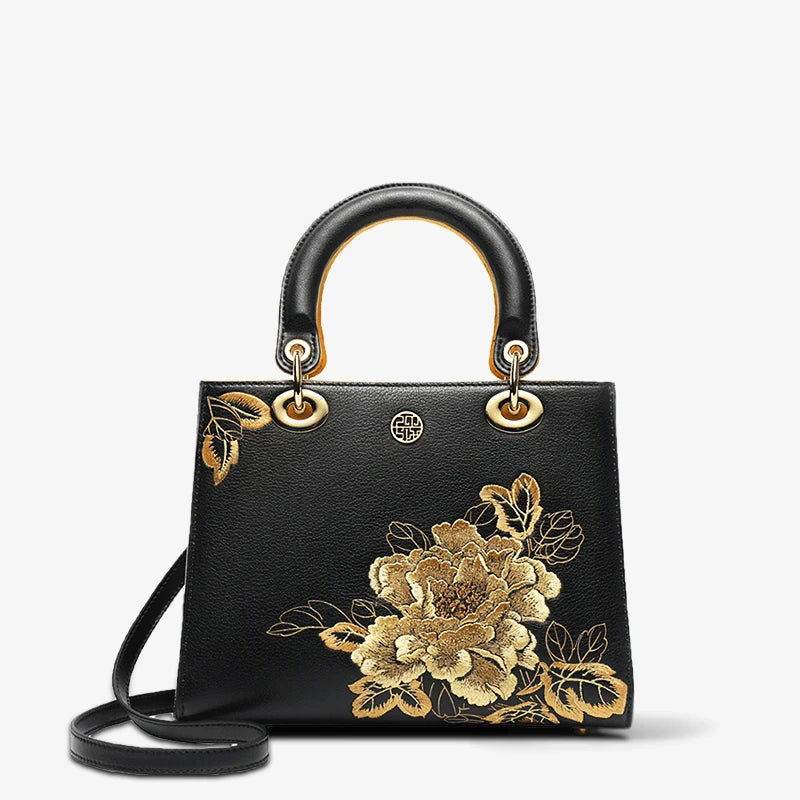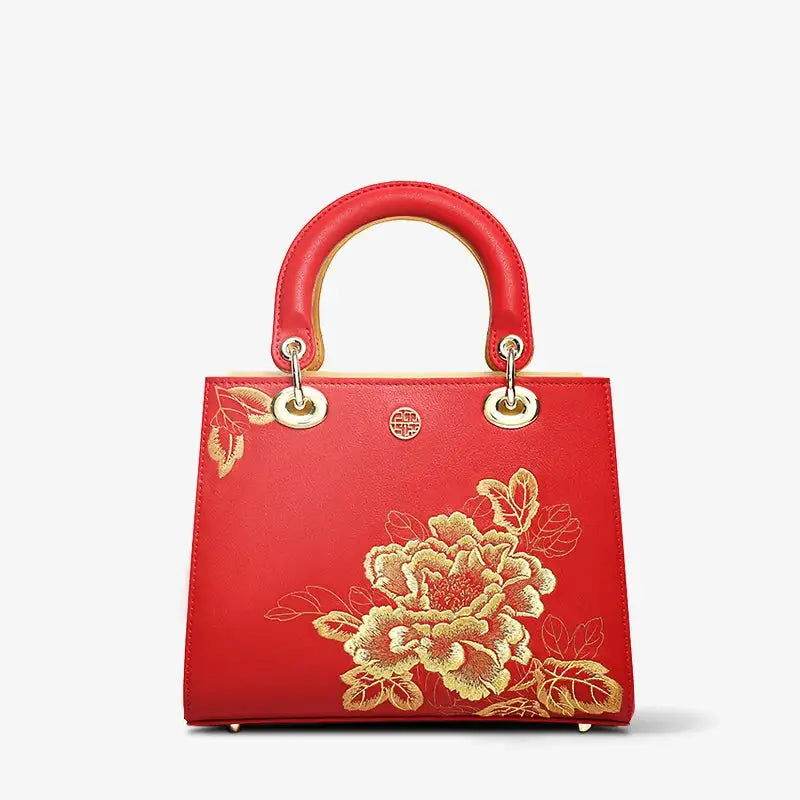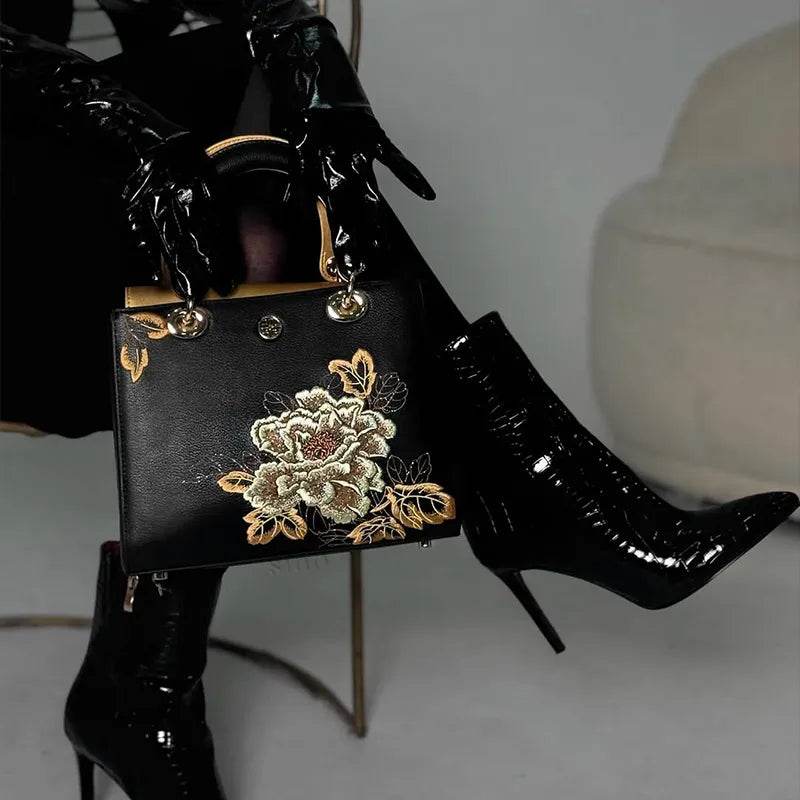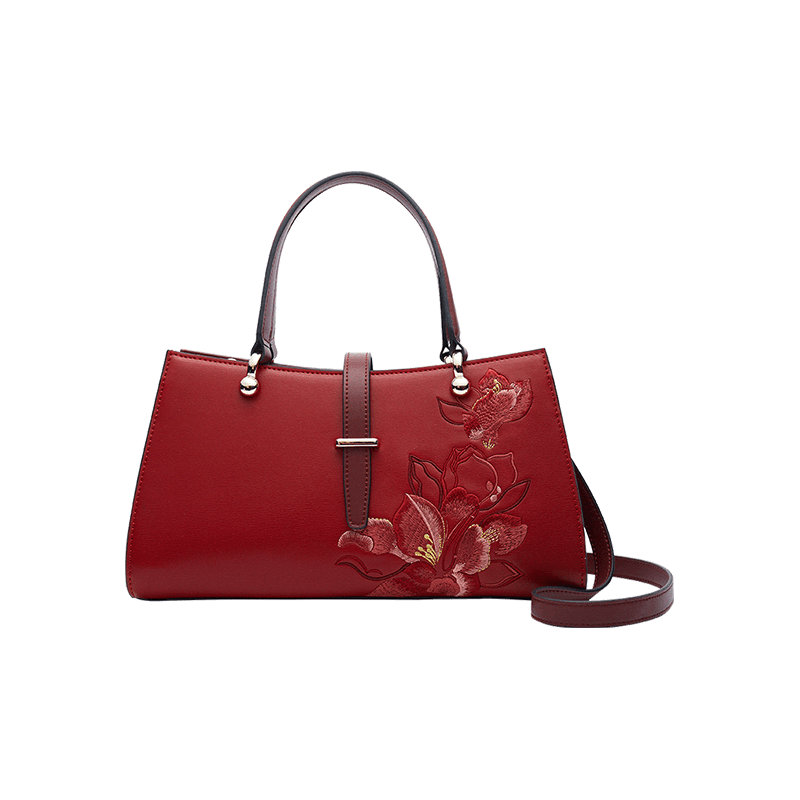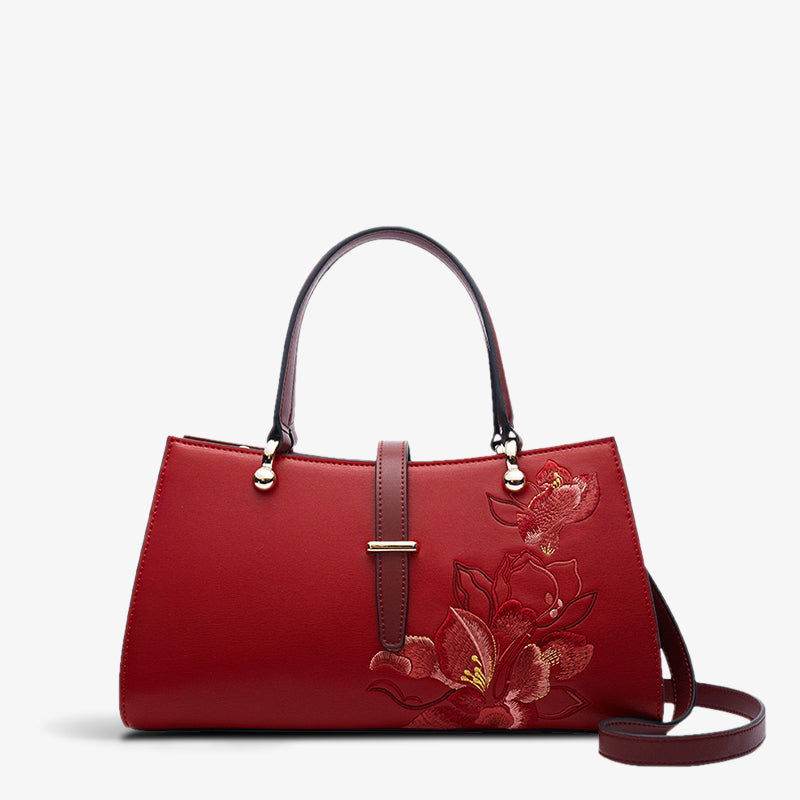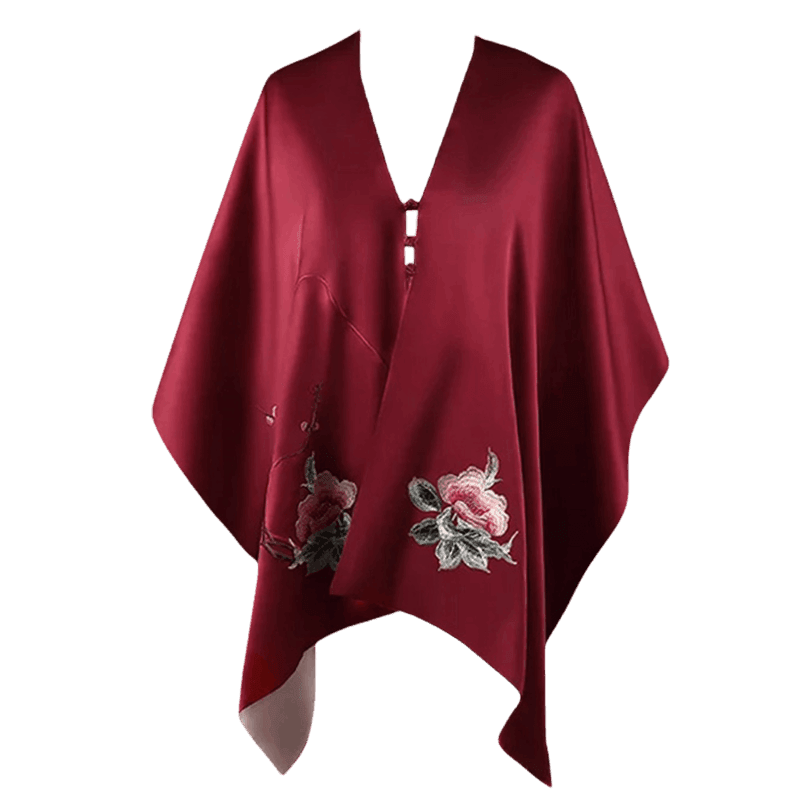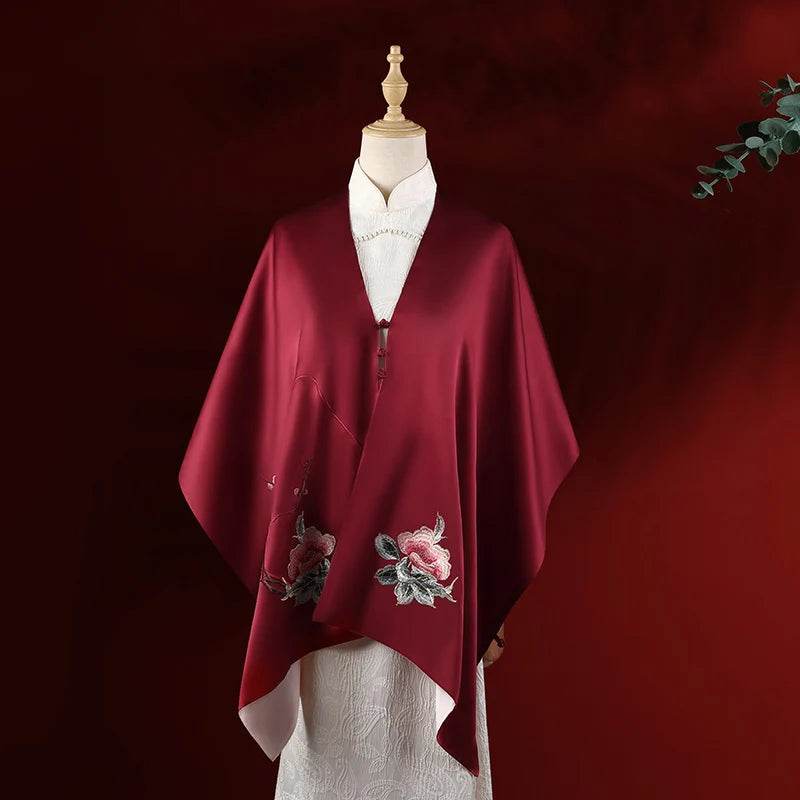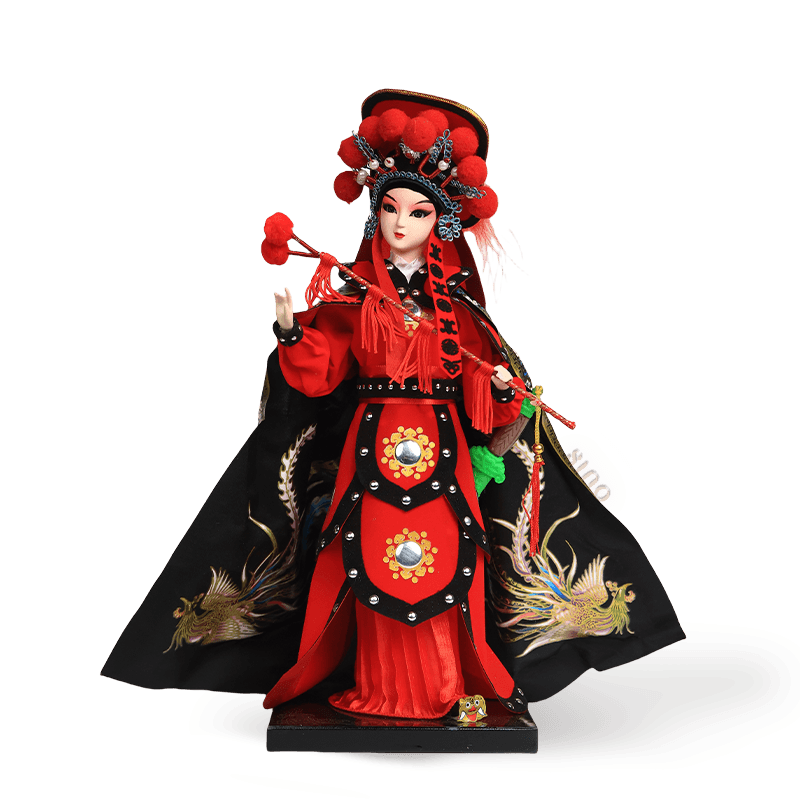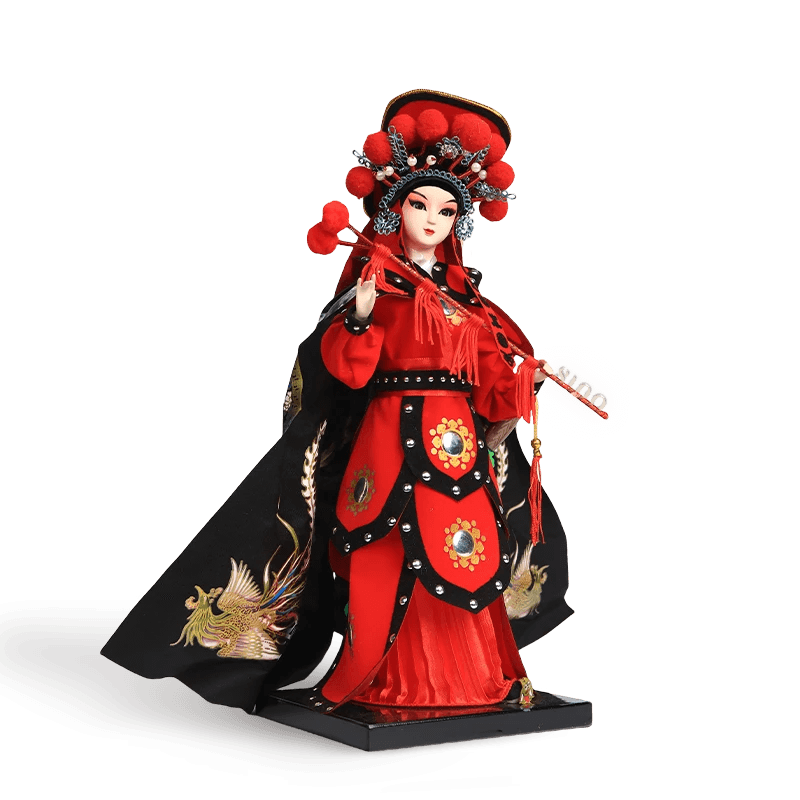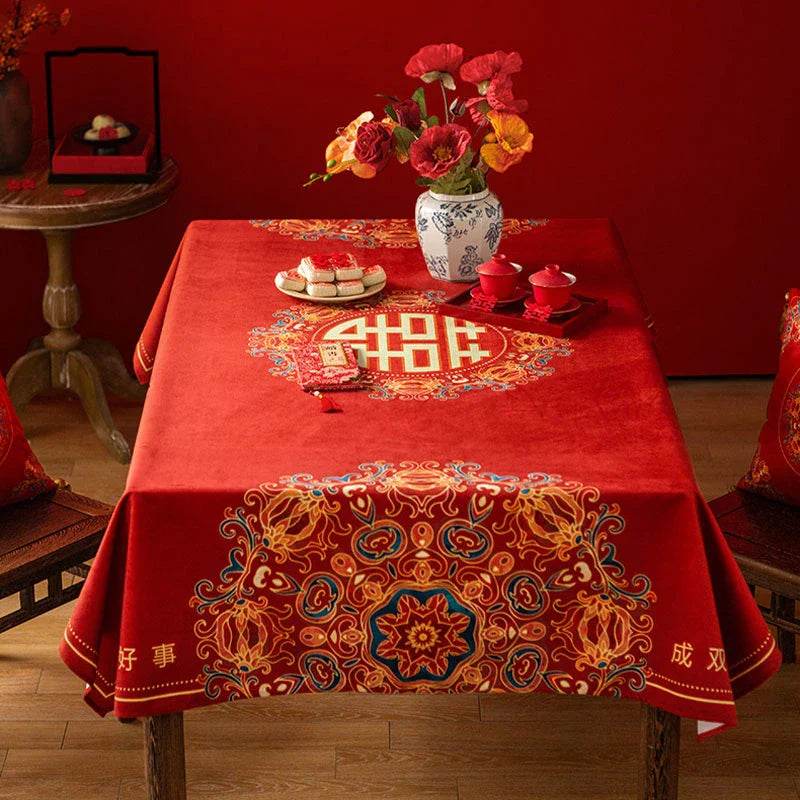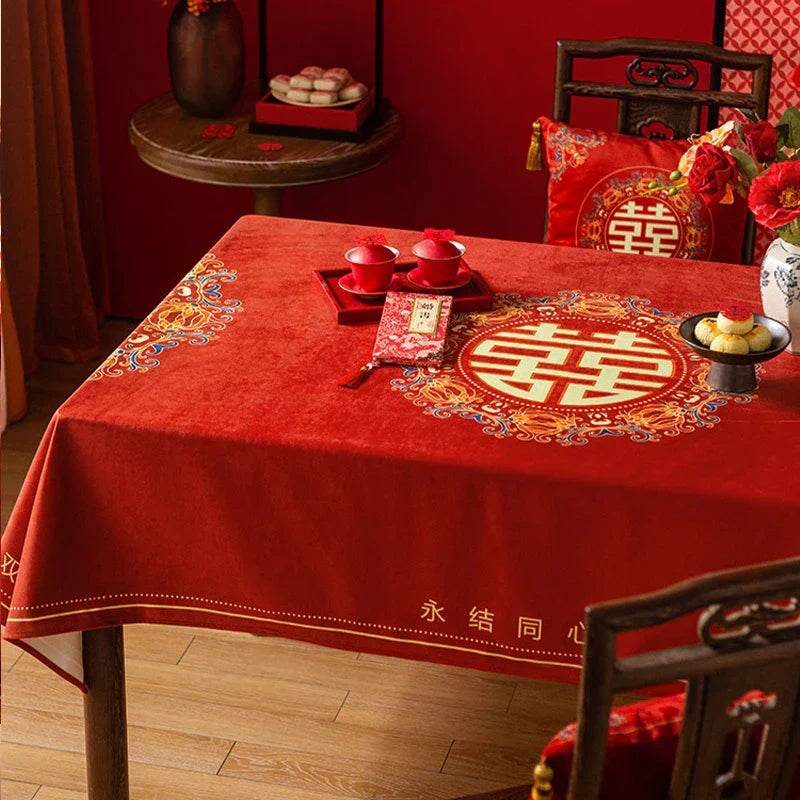More Than an Object: The Art and Soul of Chinese Gift Giving
In the rich tapestry of Chinese culture, gift-giving is a profound ritual, weaving together customs, heartfelt wishes, and thousands of years of heritage. It's far more than a simple exchange; each gift is a narrative, conveying respect, blessings, and deep affection.
But navigating gift giving in Chinese culture can be complex. What makes a gift auspicious? What are the unspoken taboos to avoid? This guide, informed by real search insights, will walk you through the essential principles and thoughtful ideas to help you choose a perfect traditional Chinese gift that truly tells a story.
If you are looking for special gifts for the Year of Fire Horse 2026, read our guide:<2026 Year of the Fire Horse Gift Guide: Auspicious Ideas for Everyone | Sinocultural>
Table of Contents:
- 1. Chinese Birthday Gifts (Especially for Elders & Parents)
- 2. Chinese Housewarming Gifts
- 3. Weddings & Engagements
- 4. Business & Colleague Gifting
Meaningful Chinese Gift Ideas for Key Occasions
Here are thoughtful Chinese gift ideas tailored for the most searched-for events.
1. Chinese Birthday Gifts (Especially for Elders & Parents)
-
Focus: Longevity, health, and respect. This aligns with Chinese birthday traditions.
-
For Parents & Grandparents:
-
Gifts for a Chinese Grandma: A luxurious, soft silk scarf or a lightweight wool blanket shows care and provides comfort.

-
Gifts for Chinese Parents: A high-quality tea set for daily enjoyment, or a piece of elegant home decor like a porcelain vase.
-
Traditional Chinese Birthday Gifts: Consider a beautiful piece of Jade jewelry, which symbolizes good health and fortune.
-
-
-
For Friends:
-
Gifts to Avoid: Clocks, shoes, and anything related to the number four.
2. Chinese Housewarming Gifts
-
Focus: Bringing prosperity, happiness, and life into a new home.
-
Traditional Chinese Housewarming Gift Ideas:
-
Modern Choices:
-
A high-quality coffee maker or an artisanal food basket.
-
-
Gifts to Avoid: Sharp objects (like a set of knives).
3. Weddings & Engagements
-
Focus: Blessings for a long, happy, and harmonious union.
-
Recommended Gifts:
-
A pair of matching items, like decorative statues, symbolizing the couple.
-
-
-
A beautiful piece of art, like an embroidered silk scarf, depicting auspicious symbols like peonies (wealth) or mandarin ducks (love).
-
-

-
Commemorative gold cards or fine jewelry.
-
-
The Go-To Gift: A red envelope (紅包, hóngbāo) with money is the most common and appreciated wedding gift.
4. Business & Colleague Gifting
-
Focus: Gratitude, respect, and fostering good relationships.
-
Recommended Gifts:
-
A high-quality pen or a leather-bound notebook.
-
Small, thoughtful office items, like an elegant desk accessory or a beautiful porcelain mug.
-
For a special colleague, a handcrafted item like a SinoCultural Chinese Doll can be a unique and artistic choice.

-
-
Gifts to Avoid: Extravagant gifts that could be misconstrued.
Conclusion: Choose a Gift That Carries a Legacy
Chinese culture gift giving is a beautiful ritual that threads through the very veins of its heritage. Each present is an ancient poem, narrating rich cultural connotations. By understanding the meaning behind the tradition, you can choose a gift that not only signifies respect but also connects you to a legacy passed down for centuries.
At SinoCultural, every item in our collection is crafted to be such a gift. Explore our selections and choose a piece of Chinese heritage that tells a timeless story.
FAQ: Your Chinese Gifting Questions Answered
-
What types of gifts are appropriate to give in Chinese culture?
Appropriate gifts are those with positive symbolism. Tea sets (unity), artisan crafts (respect), high-quality fruit (abundance), and silk accessories (luxury and care) are excellent choices. The key is to show thoughtfulness. -
What do Chinese people like as gifts, especially parents or elders?
Chinese parents and elders generally appreciate gifts that show care for their health and well-being. Practical, high-quality items like a soft wool blanket, a premium tea set, or even a modern massager are highly valued. For a grandmother, a beautiful silk scarf is a timeless and elegant choice. -
What should you bring as a guest to a Chinese household?
When visiting someone's home, it's customary to bring a small gift. A bottle of good red wine, a fresh bouquet of flowers (avoid white ones), or a box of high-quality pastries or fruits are perfect tokens of appreciation for the host's hospitality. -
What is the most important rule of Chinese gift giving etiquette?
The biggest rule is to avoid anything with negative symbolism. The most famous taboo is giving a clock, as the phrase "giving a clock" (送鐘, sòng zhōng) sounds identical to "attending a funeral." Always research the meaning behind a gift.
